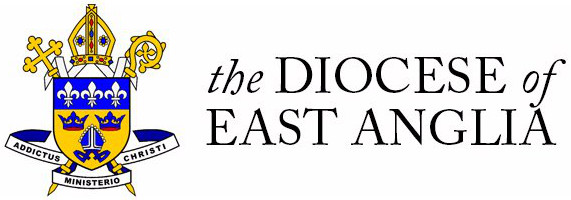Music
Statement of Intent
Music is a universal language that embodies one of the highest forms of creativity and is one of the few stimuli that activates the entire brain. The intellectual and creative thought processes involved can lead to powerful outcomes that can unite, move us to tears or create goose bumps; an aspect in industry that drives creative economies world-wide.
Our aim at St Bedes is to engage and inspire all students to develop a love of music and their talent as musicians both in and beyond the classroom. Students experience music as musicians by learning within the medium of sound and the organisation of sound patterns. Through modelling, scaffolding and ‘in the moment’ feedback, students are empowered to react, express, problem solve, collaborate and articulate ideas with increasing resilience, independence and mastery, achieving a sense of fulfilment in making progress from their individual starting points. The repertoire chosen is driven by the musical devices they include. By exposing students to a broad range of artists and styles, students can engage with cultural identity, develop their musical identity, and truly bring their own music alive.
Schemes set out pathways for the progression in the 3 pillars of musicianship:
- Technical knowledge to allow them to translate their intentions into sound. This will involve instrumental playing, singing and music technology.
- Constructive knowledge of how components come together analytically and creatively.
- Expressive which focuses on strengthening the quality, meaning and creativity of work as students gain confidence.
Students at KS3 receive one hour of music a week in year 7 and 8. They follow a spiral curriculum design that involves revisiting concepts and knowledge in different contexts, to build upon and embed understanding. They learn to:
- Perform as a soloist and in an ensemble reading from a variety of notation with technical control, accuracy, fluency and expression.
- Improvise and compose with increasing skill through the tuition of the melodic, harmonic, textural and structural processes of composition.
- Listen and appraise music and extend their understanding of the core elements of music, commenting on the intentions of the composer, time, place and genre.
Progress begins with a baseline to mark a variety of starting points. Regular informal assessment culminates in a formally assessed practical outcome for each project alongside mid and end of year listening musicianship tests that reflect the learning in class over time. Assessments awarded aim to reflect a balance of all components.
Students can continue music through to GCSE creating a portfolio of performance and composition, as well as developing listening skills to analyse, discuss and evaluate previously unheard works and set works, furthering this with music production, music technology or music at KS5.
For more details please contact:
Mrs J Emmans, Head of Faculty for Expressive Arts: jemmans@stbedes.cambs.sch.uk
Mrs C Manser, Head of Music: cmanser@stbedes.cambs.sch.uk




